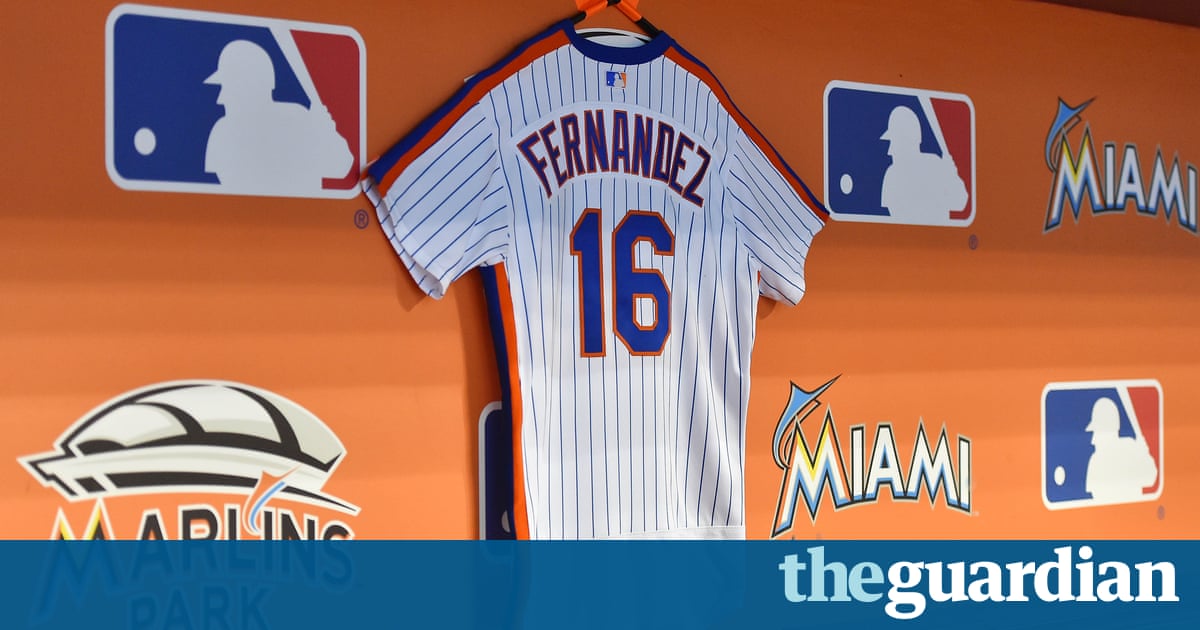Nacin ESPN pitches for sports-loving, code-switching Latino youth

The new weekly show on ESPN2 is presented in English but slipping easily into Spanish is part of its makeup, much like its target audience.

ESPN made television history with the premiere of Nacin ESPN last week, the networks first bilingual sports show, geared towards a US-Latino audience. The show has grown out of another of the same name on the Spanish-language ESPN Deportes but the new version airs on the English-language ESPN2.
Nacin ESPN will speak to the audience in a way that resonates with their evolving multicultural lifestyles and interests, said Freddy Roln, vice-president and general manager of ESPN Deportes. The new show will leverage the crossover that exists between the programs, serving as an authentic connection between the ESPN and ESPN Deportes audiences.
Nacin ESPN2 (@NacionESPN2)
The sports you follow, in the language you speak! @NacionESPN2 debuts today at 5pm on ESPN2. Make sure to tune in! pic.twitter.com/OTrzyY9ot9
Even though its presented in English, the frequent use of Spanish is an important part of the shows makeup, and Spanish-speaking guests have the choice of doing interviews in their mother tongue where bilingual hosts Jorge Sedano, Bernardo Osuna and Marly Rivera are able to translate. Taped interviews from longer pieces will also have English subtitles. The first episode featured the segment Football or Ftbol, comparing two dance celebrations between a Mexican soccer player and an NFL athlete. The hosts then decided who was better and the bit was amusing precisely because it highlighted how a young, US Hispanic viewer finds both cultures equally relatable.
The nascent program, which airs weekly on Mondays, finally pays attention to a young Latino audience by creating a show that speaks both of their languages. The US-Hispanic audience is the youngest ethnic group in the country and according to the Pew Research Center, 79% of Latino families speak both English and Spanish at home. Young Latinos have been brought up with the same media content and information as their English-speaking friends, creating an acculturated consumption of news.
Chris LaPlaca (@espn_chris)
Innovative, interactive Nacin ESPN debuts at 5pm ET on ESPN2 w/3 strong Hispanic voices. https://t.co/Qwdqiv62Px via @ESPNFrontRow
Naturally, Nacin ESPN is clearly a show that deals with daily sports coverage, said Hugo Balta, the networks director for multicultural content. But its also a commentary on the issues within the Hispanic community and how the hosts connect with the audience. For example, the first episode discussed how the untimely death of Jos Fernndez, the Cuban American baseball player who was killed in a boating accident, deeply affected Latinos.
Many Cuban Americans, including my family and many others, have come to this country as exiles and looking for a new life, making all the ultimate sacrifices to try and make a better life for people like myself, said Sedano on the show. He represents so many good things for this community.
This shift of language in order to connect and convey oneself in a conversation is called code-switching and it plays an important role in Americas multicultural society. When youre attuned to the phenomenon of code-switching, you start to see it everywhere, and you begin to see the way race, ethnicity and culture plays out all over the place, said Gene Demby, lead blogger for NPRs Code Switch.
And you do see it everywhere, from literature such as Junot Dazs Drown telling the various stories of a Dominican community in New Jersey to the voices of prominent artists such as Daddy Yankee and Jennifer Lopez, who have built empires on such fusion.
Code-switching is an important topic because the US simply is becoming more of a diverse society than it has ever been, said Ann Morning, associate professor of sociology at New York University. So this means people are more likely to encounter different groups and want to signal in some way their membership or affinity in those communities even though theyre not strictly members. I think there are probably more opportunities than ever before for people to use code-switching strategies.
There is a danger, however, of using code-switching to create a superficial familiarity, as opposed to being deeply rooted within a persons experience, according to Morning. A perfect example would be the recently created term Hispandering, which refers to a conscious political attempt to attract Hispanic voters by speaking Spanish or discussing Hispanic issues for their own benefit. When Tim Kaine speaks Spanish to an audience, said Morning, is that a kind of code-switching which is working or not? Im not the one to judge, but it has risks.
The hope is that Nacin ESPNs approach will help non-Latino communities recognize Latinos by interacting with a culture they dont always have authentic access to through a lens in this case, sports they already understand. I see code-switching as a positive in the sense that basically means people will have a cultural fluency in many domains, said Morning. Its sort of like speaking another language. It can only be a good thing, right?